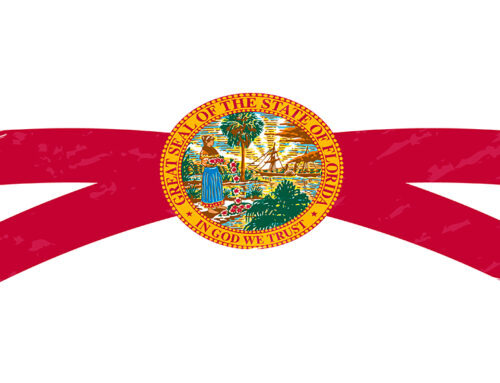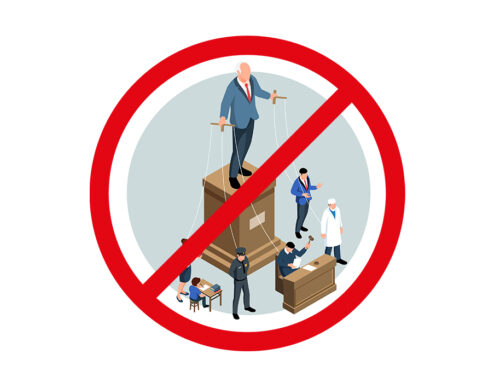Social Distancing Is War on Affinity
by Dean Blehert

Much has been written over the past three years about the science and effectiveness of social distancing. I’m not going to reject the possibility that social distancing, when a contagious disease is said to be among us, MAY be useful. The science of this is controversial. I’m simply going to state two ways social distancing is likely to be harmful.
Please note that this essay, dealing, in part, with the benefits of touching and the dangers of no touching, speaks only of “good touching.” Throughout the rest of this essay, when I refer to touching of children, I’m referring to a mother’s or other family member’s holding a child, bathing the child, caressing the child (maternally), tickling the child (in play), or breast-feeding an infant. I am NOT at any point referring to sexual contact by a pedophile (or what has been called “bad touching”).
Where sexual contact is appropriate (for example, between spouses or consenting adults), the absence of such contact may also cause difficulties. But the point of this essay is to consider what negatives obtain when people are forbidden or afraid to engage in NORMAL physical contact. What happens in a society where people are told it is dangerous to be close to other people?
First, humans and most mammals like physical contact with each other. We don’t like all types of touching, but in the absence of SOME touching and other intimacy that requires physical closeness, we suffer. If you ask on your search engine, “What effect does lack of physical contact have on infants?” you’ll find studies that claim those infants who are deprived of physical contact will die, or will grow up impaired in some way. They will find it hard to relate to others and will have difficulties with thinking and expressing feelings.
I found both human and animal experiments on this issue. The most notorious and controversial, from the 1940s, were experiments on rhesus macaque monkey infants by Harry Harlow. Harlow divided the babies into a control group, raised by the parents, and the experimental group, which received food from a sort of doll, a cloth-padded wire skeleton substituting for “mother.” The monkeys who grew up without the living presence of a parent in close physical contact were slower to develop and never did fully “grow up” developmentally. They remained “socially isolated.”
As a result of these experiments, it is an accepted belief that most human children suffer in various ways from lack of contact as babies. This phenomenon can even be observed with adults who do not experience some form of intimacy from family or friends. The preponderance of evidence shows that “touched vs. untouched” is an issue, and that we humans do better when we have friendly physical contact with others, especially when we are young. But even as adults, it seems likely that humans gain something by being able to shake hands with one another, pat one another on the back, share a hug, and, of course, be comfortable being in close proximity or intimate with those we love.
Children also benefit from playful wrestling, tickling, and so on with other children. That’s true also for lion cubs, wolf cubs, kittens, puppies, and the young of many other species. My conclusion: Social distancing goes against the grain for humans and most other creatures. Physical closeness between child and mother serves the survival of the human race.
The second way social distancing is likely to be harmful has to do with how physical gestures, distancing, and so forth affect our feelings, even CAUSING our feelings. I write lots of poetry. I used to write it by taking long walks, carrying a notebook and a pen. I’d have a thought, stop and write it down—often a complete short poem—then walk some more. I noticed that if I trudged along like an exhausted soldier, my head bent so that I stared at the ground as I walked, I wrote less and wrote more depressing thoughts. Recognizing this, I intentionally held my head high and put a bit of snap into my walk, and instantly I was a different person—not pretending to be a different person, but actually being different. I felt less tired and wrote more cheerful poetry. I also found that if I held myself in a certain way, I felt noble, even heroic. “Form dictates content.”
Now, to bring this closer to the question of social distancing: Let’s say there’s no contagion and hasn’t been a big pandemic or epidemic scare for a generation or more, and you’re hiking through an area that’s new to you. You come to a small town and see people carefully avoiding each other, keeping their distances from one another. I think you’d feel you were in a dangerous place, perhaps like a prison yard where you never knew who might have it in for you. The point I’ve been leading up to is that there are ways people act when an environment is dangerous, ways people maintain distances in a scary world; and if you act that way and maintain those distances, you will CREATE FOR YOURSELF AND OTHERS that scary world. Form dictates content.
Of course, in the case of the alleged pandemic, this creation was enforced with more than just the distancing. We hid our faces from one another behind masks, being persuaded that we were dangerous to each other, that it was dangerous to touch our own faces with our own fingers, much less touch any other person or even breathe the air in the vicinity of another. We felt that surfaces, light switches, door handles, railings, faucets, and even the air we breathed had all become threatening. That’s a world made of FEAR. That’s hysteria.
Maybe the pandemic was a crock. Maybe it was the real thing. In any case, about three years (2020, 2021, and 2022) of such fear creates very bad effects. Some people become psychotic. Some attack others. Some go into an apathetic state. Many are forced to be out of communication with others. Some take to drink or drugs. Some DIE from this, not just because they are attacked by psychos, but because a very high percentage of humans who expect to get ill and die, having been told to expect this over and over on all the allowed news media, with lots of numbers thrown about—numbers of newly ill, numbers of deaths, sobbing relatives of the dead featured on the nightly TV news, “experts” predicting it will get worse, MUCH worse—just from that raised expectation, WILL get sick, and many WILL die. Fear is a dangerous emotion. It is also certain that even if there IS NO danger of contagion, these measures that require us to assume the positions associated with a dangerous environment will keep us in fear or worse. Social distancing may lessen a danger but is, in itself, a danger.
In short, just the act of social distancing makes the world a more dangerous place for all of us. It MAY help us avoid contagion (a controversial notion). It will almost certainly (as described above) harm us. How should these ideas affect our actions? We should insist on a totally uncensored, open discussion of the degree to which there is a real threat from a real virus—all controversial points, where major media have censored every argument that the dangers of COVID-19 have been exaggerated, lied about, etc. Then, and only then, IF it is established that some danger does exist, can we better weigh the advantages and disadvantages of such tactics as social distancing, masking, and vaccinating.
On Resisting Evil
Because the evil have made the trains run on time,
we are wary of efficiency and accomplish nothing.
Because the evil have misused force,
we hesitate, hoping for miracles.
Because fools have thrown away their lives for madmen,
we imagine there is nothing worth dying for
and, dying anyway, live in fear.
Because the evil have created formidable organizations,
we dream of standing alone, swallowing that swindle
(dreamed up by the weak to subdue the strong)
that organization must be abhorred.
Because the evil seem driven by destructive purpose,
we are wishywashy, lost, as it were, in qualifications,
lest we be tainted by zeal.
Because the evil rely on solid stuffy citizens
(who can best be governed by fear of loss of status)
and call them sane,
we think we must be crazy to be creative,
so create only self-destruction.
Because madmen have equated love of our own country
with hatred of all other countries,
we try to love mankind by despising our country,
as if love of neighbors could grow
from hatred of self.
Nothing is left to us if we try to be good
only by being what evil is not,
nothing but evil itself,
which is, perhaps, a violent effort
not to be evil.
~ Dean Blehert






Leave A Comment